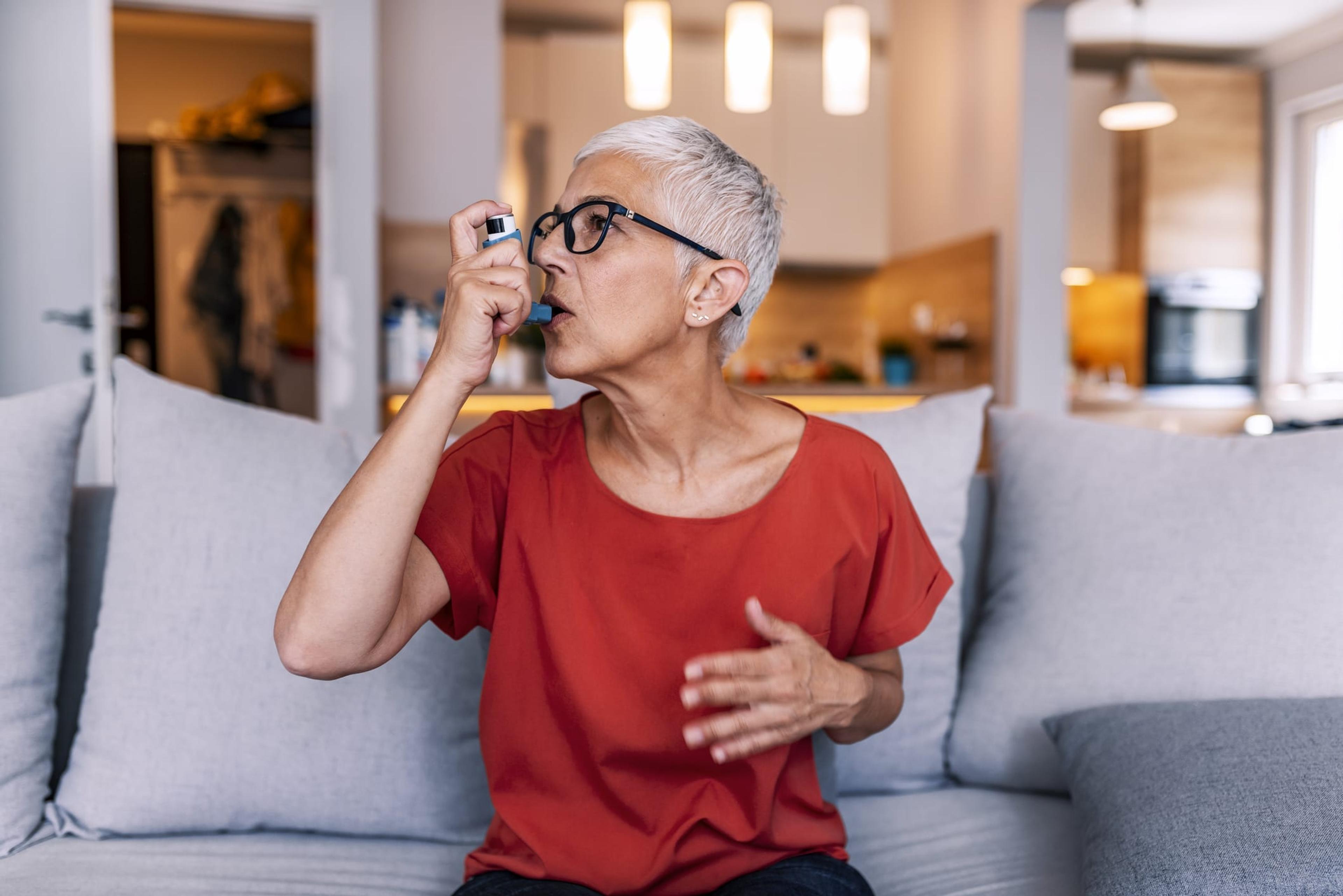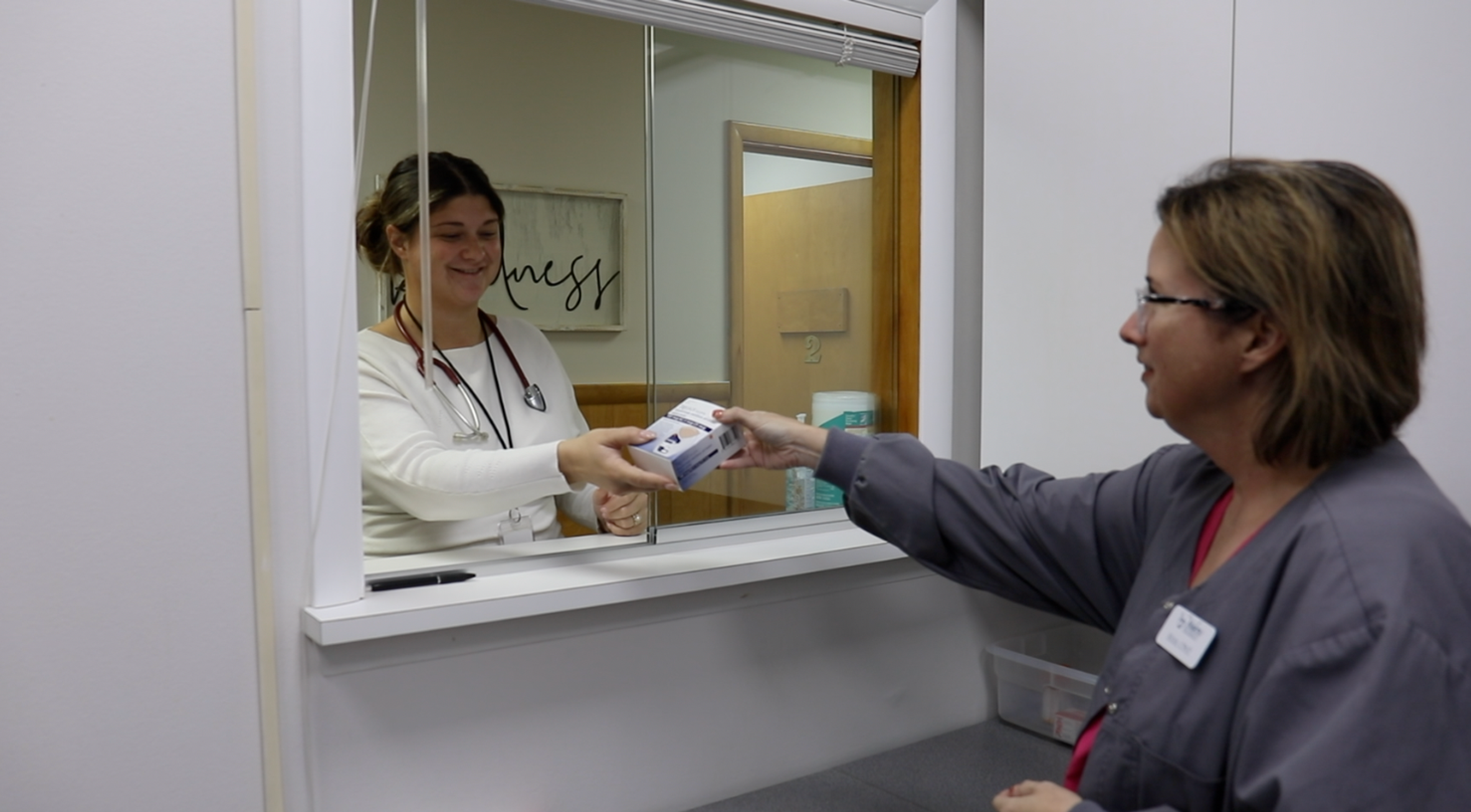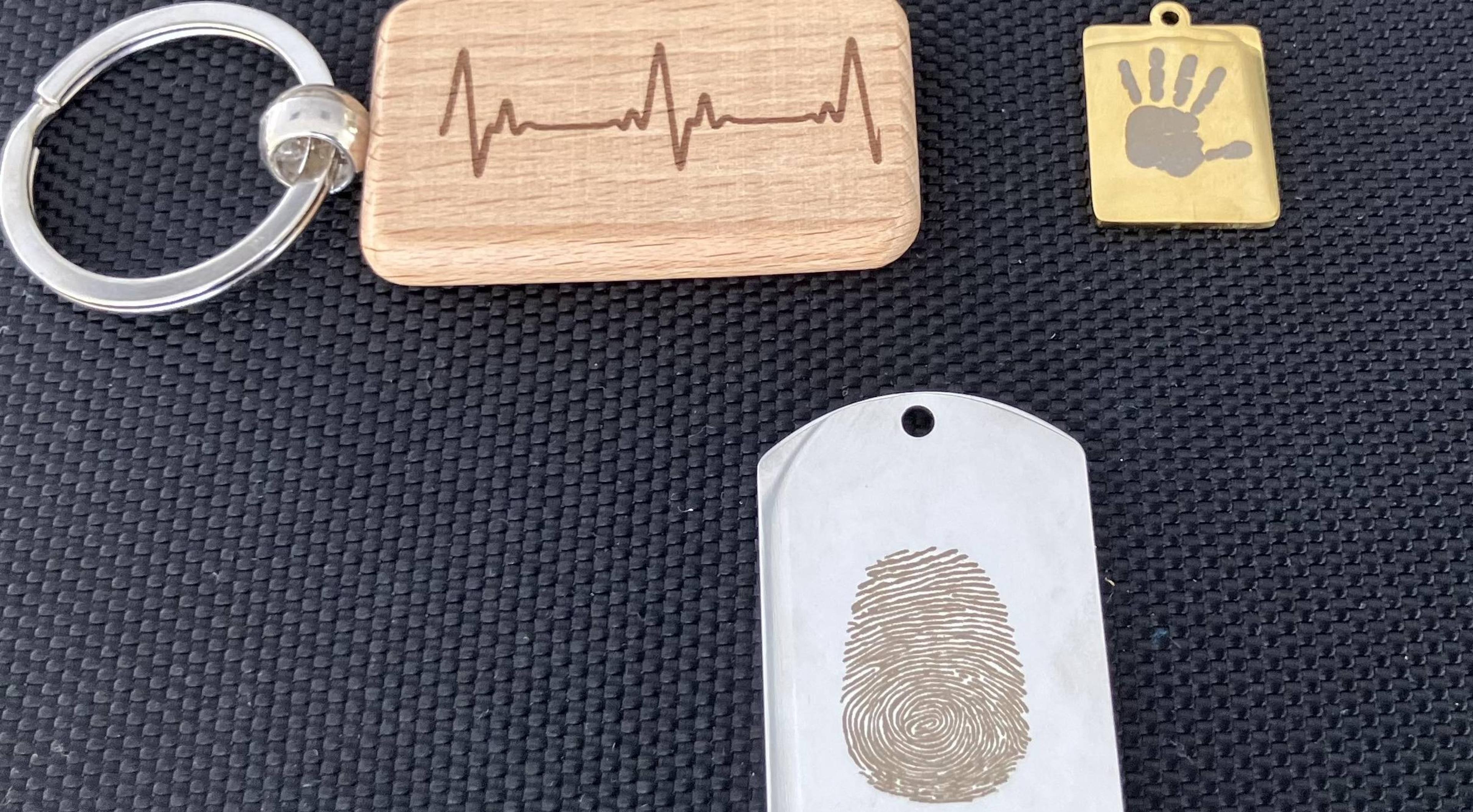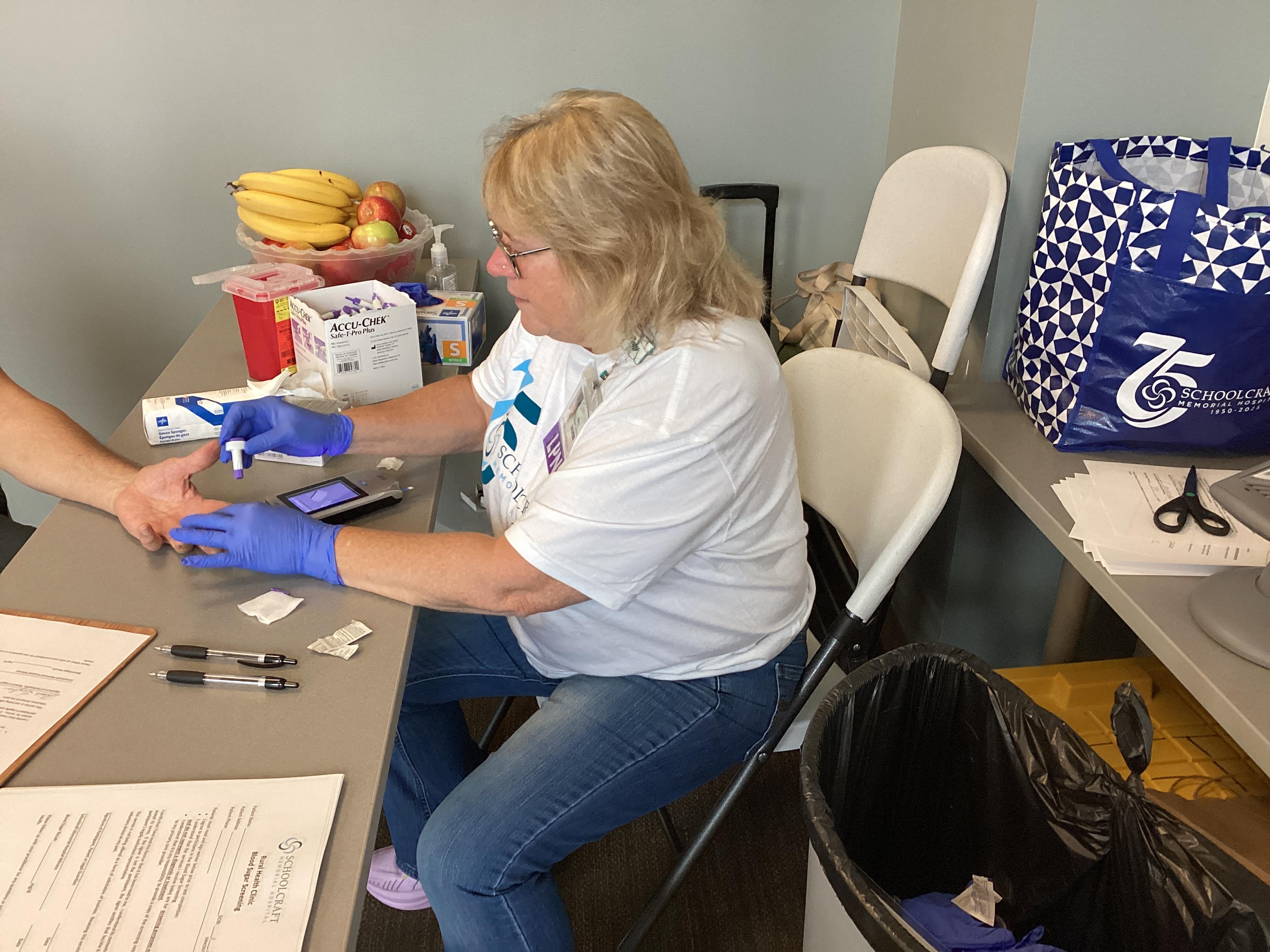Top 5 Myths About COPD
Amy Barczy
| 4 min read
Amy Barczy is a former brand journalist who authored...

Chronic obstructive pulmonary disease, or COPD, affects 11 million Americans and another estimated 24 million Americans who are undiagnosed. It’s a chronic lung disease that has two main forms, which may occur at the same time for some people:
- Chronic bronchitis: An inflammation of breathing tubes in your lungs that leads to airways that are swollen and narrow
- Emphysema: Damage to the delicate air sacs in your lungs called alveoli means your lungs are bringing less oxygen to your bloodstream.
Symptoms of COPD typically start as mild, including coughing and shortness of breath during physical activity, mucus production and wheezing. If you have shortness of breath, talk to a doctor to determine the cause. It makes your lungs lose their elasticity and to over-expand. This makes it hard for your lungs to fully fill themselves when you breathe in.
Here are some common myths about COPD:
MYTH #1: Only smokers get COPD.
FACT: While smoking can cause COPD, about 24% of people with COPD never smoked. Also, about 1% of people with COPD may have it due to a genetic condition called Alpha-1 Antitrypsin Deficiency. COPD is caused by being exposed over time to irritants like gases and particulate matter, like cigarette smoke or chemical fumes and dust at work.
MYTH #2: COPD only affects the lungs.
FACT: If you have COPD, your heart is working harder to breathe so your body gets the oxygen it needs. This puts people with COPD at a greater risk for heart attack and heart disease. Additionally, your ability to be active may be limited with COPD – which may affect your mental health if you’re less able to keep up with your friends and family.
MYTH #3: If you have COPD, you can’t exercise.
FACT: Moderate exercise is important to help reduce COPD symptoms and strengthen your heart. If you are short of breath when you start exercising, talk to your doctor about what kinds of steps you can take to build up your endurance. Seek out pulmonary rehabilitation, where a respiratory therapist can teach you breathing techniques, special exercises and a nutrition plan. As always, talk to your doctor before beginning any kind of exercise routine.
MYTH #4: There is no effective treatment for COPD.
FACT: COPD is treatable. While treatment cannot reverse the damage to your lungs, treatment can control your symptoms and help you feel better. Treatment can also prevent any future damage to your lungs. If you are diagnosed with COPD, you should take steps to quit smoking, eat a healthy diet, exercise regularly and stay up to date on vaccines for influenza and pneumonia in addition to following your doctor’s prescribed treatment and medications.
MYTH #5: There’s no benefit to quitting smoking if you have COPD. F
ACT: Quitting smoking will slow the progression of COPD, which means it is never too late to quit. While lung damage with COPD is not reversible, you can prevent it from getting worse. Additionally, if you quit smoking early enough, near-normal lung function may return. For those with COPD, it’s important to take steps to help your body manage the disease. Conserving your energy is important, as breathing takes more energy for people with COPD.
Avoid extreme exertion like yard work and heavy lifting, and plan for rest periods during the day. People with COPD are more likely to get respiratory infections so it’s important to take steps to avoid getting sick, including washing your hands and getting the flu shot every year and pneumonia shot every five years. If you think you’re getting sick, talk to your doctor. Maintaining a healthy weight can also help your heart and lungs, as well as drinking plenty of water.
This content has been reviewed and approved by Dr. Gina Lynem-Walker, an associate medical director at Blue Cross Blue Shield of Michigan.
This article is the eighth in a year-long series explaining how to manage chronic conditions that can be costly for families and the health care system. For more information about the series, click here.
If you enjoyed this article you may also enjoy:
Photo credit: Ljubaphoto





